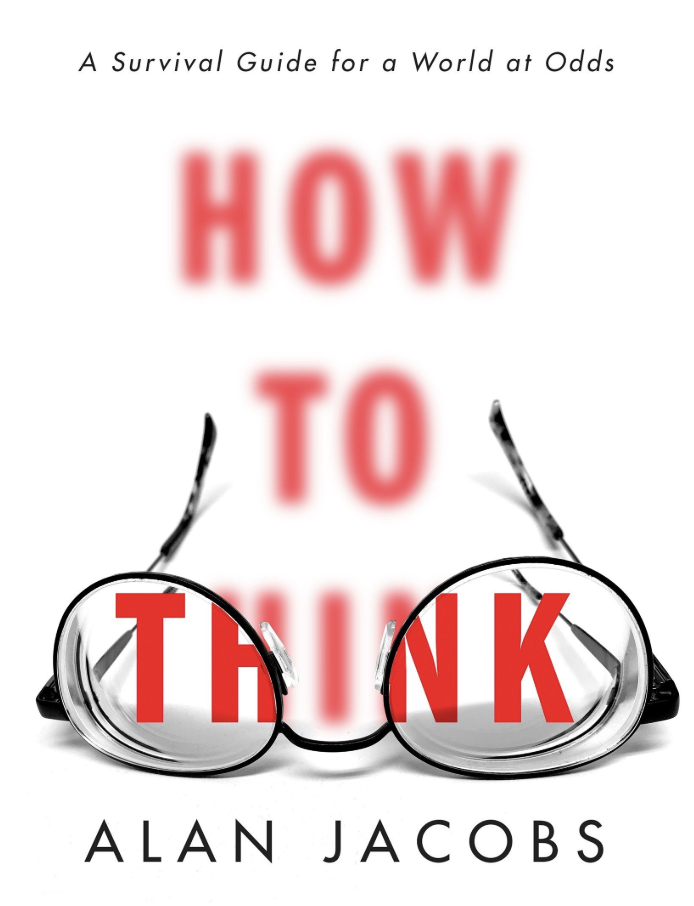In this chapter, Jacobs explains that neither an open nor a shut mind is preferable: the two should work in tandem. Someone who has no set beliefs cannot be trusted. Someone whose every belief is unshakeable cannot be reasoned with.

Jacobs offers two metaphors to help us understand the proper relationship open and shut minds. The first is our appetite. We shouldn’t open our mind unless we intend to close it. If we’re going to think about something, we should be ready to digest it. The second concerns solidity. We should aim for firmness in our beliefs, neither rigidity nor flimsiness.
Sunk costs pose the greatest danger for the person prone to rigidity. Sunk costs refer to unrecoverable resources that one invested cannot be reclaimed. For instance, if you’ve been supporting a cause for 30 years, it will be difficult to renounce your position without putting your identity in jeopardy.
One of the things I’ll insist on my students considering is that college is a time for them to take advantage of their minimal sunk costs which can encourage their flexibility. At the same time, they’ll need to be responsibility not to mistake flexibility for flimsiness under the mistaken impression that changing your mind has no cost or that lacking firm beliefs is a virtue.
